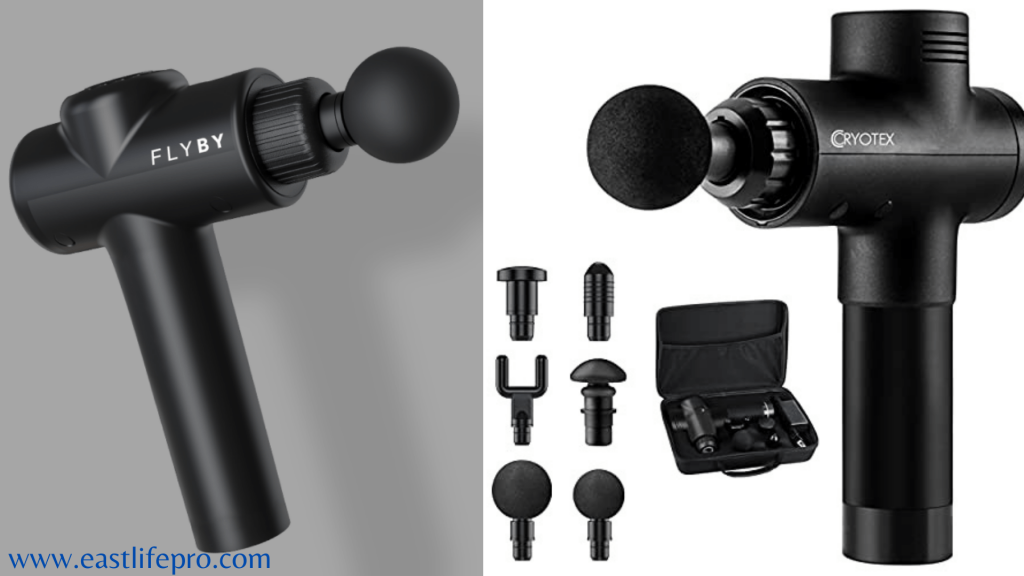Maintaining good oral health is crucial at all stages of life. Especially for teens, keeping up good oral health is indispensable. Along with other health issues, many dental health issues occur during our teenage years.
According to a report published by the California Department of Public Health, California students miss an estimated 874,000 school days yearly due to dental health problems. The most common oral health issues during teenage years include cavities, gum disease, orthodontic challenges, wisdom teeth problems, and oral trauma.
If you are a teenager or a parent, the following seven tips will help establish and maintain a good oral health care routine for yourself or your child.
1. Get Regular Checkups
Timely diagnosis of dental problems and actions can save a lot of emergency hospital visits and can significantly lower the treatment cost. Regular visits to dentists can aid in detecting cavities and other oral health problems.
Teenagers face many orthodontic challenges as their teeth, face, and jaws constantly develop. It can result in crowded or crooked teeth, jaw joint disorder, extra teeth, or misaligned jaw position.
That said, according to the California Department of Public Health, financial constraints are a key factor in people not visiting orthodontists and delaying treatments. To overcome this problem, dental coverage is now included in Medi-Cal and Covered California. So, if your teen is facing any orthodontic challenges, get an appointment with Orthodontic specialists in Clovis, CA, to get the evaluation and treatment started with comprehensive dental coverage.
Orthodontic specialists can diagnose, prevent, and treat certain dental and facial irregularities and provide appropriate treatments. These orthodontists can offer certain treatments, including braces, retainers, clear aligners, and orthodontic surgery, based on the needs of the patients.
2. Establish A Good Oral Health Care Routine
Brushing and flossing are essential to establishing good oral hygiene. So, brush and floss properly to enjoy a beautiful smile and great overall health.
According to the American Dental Association (ADA), brush for 2 minutes in the morning and 2 minutes at night.
How To Brush Properly
To brush correctly, hold the brush at 45 degrees against the top of your upper teeth near the gum line. Then, gently sweep the brush back and forth over teeth and gums.
How To Floss Properly
Dentists recommend flossing once a day. To floss correctly, guide the floss gently between the teeth and around the baseline of each tooth to remove food particles and plaque that are hard to reach with a toothbrush.
3. Choose Your Dental Products Wisely
Carefully choose the dental products, as using the wrong products can damage your gums and teeth.
Always read the label before selecting a toothpaste. Look for the ones that have a good amount of fluoride. Fluoride helps protect the teeth and combat tooth decay and sensitivity.
Always use a soft to medium bristles toothbrush because a hard brush can damage the gums and teeth.
Another thing to remember is to use only a small amount of toothpaste to clean your teeth, as it can lead to tooth enamel loss and gum recession.
4. Eat A Balanced Diet
Incorporating a balance into our lives can increase our oral and overall health. Foods with high amounts of calcium and phosphorus should be consumed to achieve optimum oral health.
Foods like milk, cheese, leafy greens, almonds, and plain yogurt are excellent sources of calcium. Protein-rich food like meat, fish, poultry, and eggs are a great source of phosphorus.
Add these foods to your daily diet to increase oral and overall health.
5. Stay Hydrated
Staying hydrated is significant in maintaining good oral health and has other benefits. Hydration helps the production of saliva, a natural defense mechanism to wash bacteria, food particles, and acids in your mouth.
Proper hydration also helps maintain a good PH balance to prevent bad breath. A balanced PH level ensures an environment less conducive to harmful bacteria growth in your mouth.
Dehydration can lead to less saliva production, dry mouth, and bad breath problems. Drinking the rightful amount of clean water prevents the risk of dry mouth and bad breath.
6. Avoid Sugary Drinks and Tobacco
Sugary drinks and tobacco are significant contributors to tooth decay and cavities. Sugary drinks, like sodas, fruit juices, and energy drinks, are loaded with sugars. These sugary drinks serve food for the bacteria in our mouths.
The bacteria produce acid while consuming the sugar. The acid attacks the outer protective layer of the tooth known as enamel; over time, this erosion results in tooth decay and cavities.
Using any form of tobacco, including cigarettes, cigars, pipes, and smokeless tobacco, has been established as a significant cause of oral and pharyngeal cancers.
Smoking can also significantly increase the inflammation of the gums and decrease the attachment levels of your teeth to their supporting structures, leading to periodontitis and eventual tooth loss.
At the same time, avoid snacking. Frequent snacking can lead to cavities and other dental issues. Snacking on sugary or starchy foods causes a higher level of plaque and acid levels in the mouth and increases the risk of tooth decay and cavities.
Regular snaking can also contribute to the potential development of gum disease. Consuming sugary or starchy foods as snacks creates a suitable environment for growing bacteria.
7. Wear Protection During Sports
A mouth guard is a device athletes and sportspeople wear to protect their teeth from injury during sports and other physical activities.
Teens are active in sports like soccer, basketball, and martial arts, so they face a bigger threat of injuries. Wear properly fitted mouthguards during sports activities to avoid any possible damage.
Conclusion
In summary, establishing and maintaining a good healthcare routine during teenage years is crucial for good oral health. Eat a balanced diet and calcium and phosphorus-enriched foods to keep your teeth healthy, and stay hydrated to prevent dry mouth and bad breath. Moreover, wear mouthguards to protect your teeth from injury during sports and other physical activities.
Brush and floss properly to keep your teeth and gums clean. In turn, you can have good oral hygiene and enjoy a bright and healthy smile for years.
James Martin is a passionate writer and the founder of OnTimeMagazines & EastLifePro. He loves to write principally about technology trends. He loves to share his opinion on what’s happening in tech around the world.



